Conservatives Put Religion in Schools, Now Satanists Want In
The push by conservative lawmakers in Florida and Texas to allow religious chaplains in public schools has sparked a fierce debate that likely caught proponents off guard.
This decision, intended to support Christian values, has unintentionally opened the door for ministers from other faiths, including the Satanic Temple. The question now is: who gets to decide which religions are represented in public schools?
Religions Around the World
Several major religions are practiced throughout the world, including Christianity, Islam, Hinduism, and Buddhism, which collectively have over 5.5 billion followers.
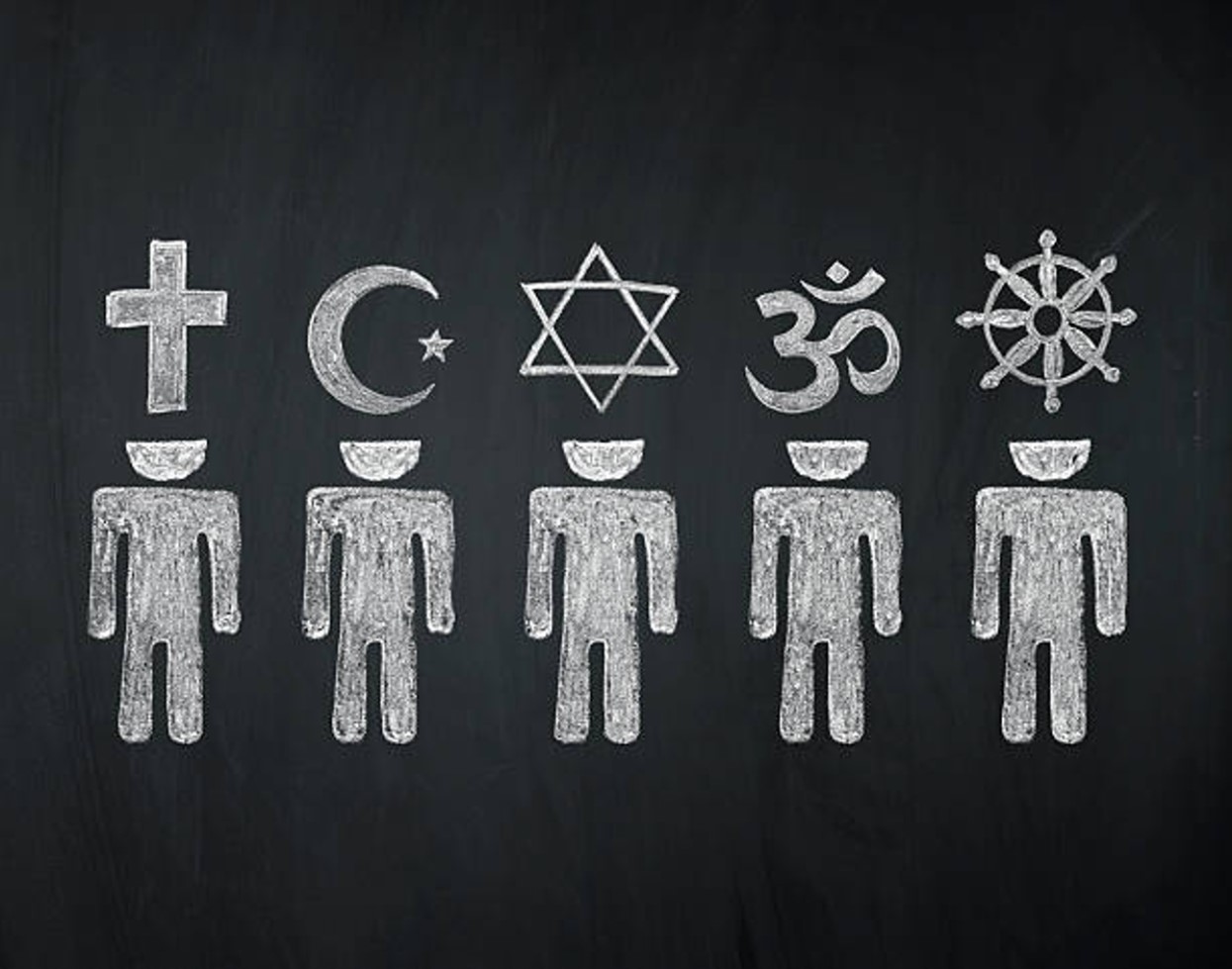
Source: iStock
There are also minor religions, such as Sikhism, Judaism, and Confucianism, with millions of followers. At the bottom of the list are unique, seldom-heard-of religions, many of which have as few as a few thousand followers.
Devil Worshippers
One of the most controversial religions that is currently worshiped around the world is Satanism, a belief system centered on the veneration of Satan, an evil and malicious figure from the Bible.
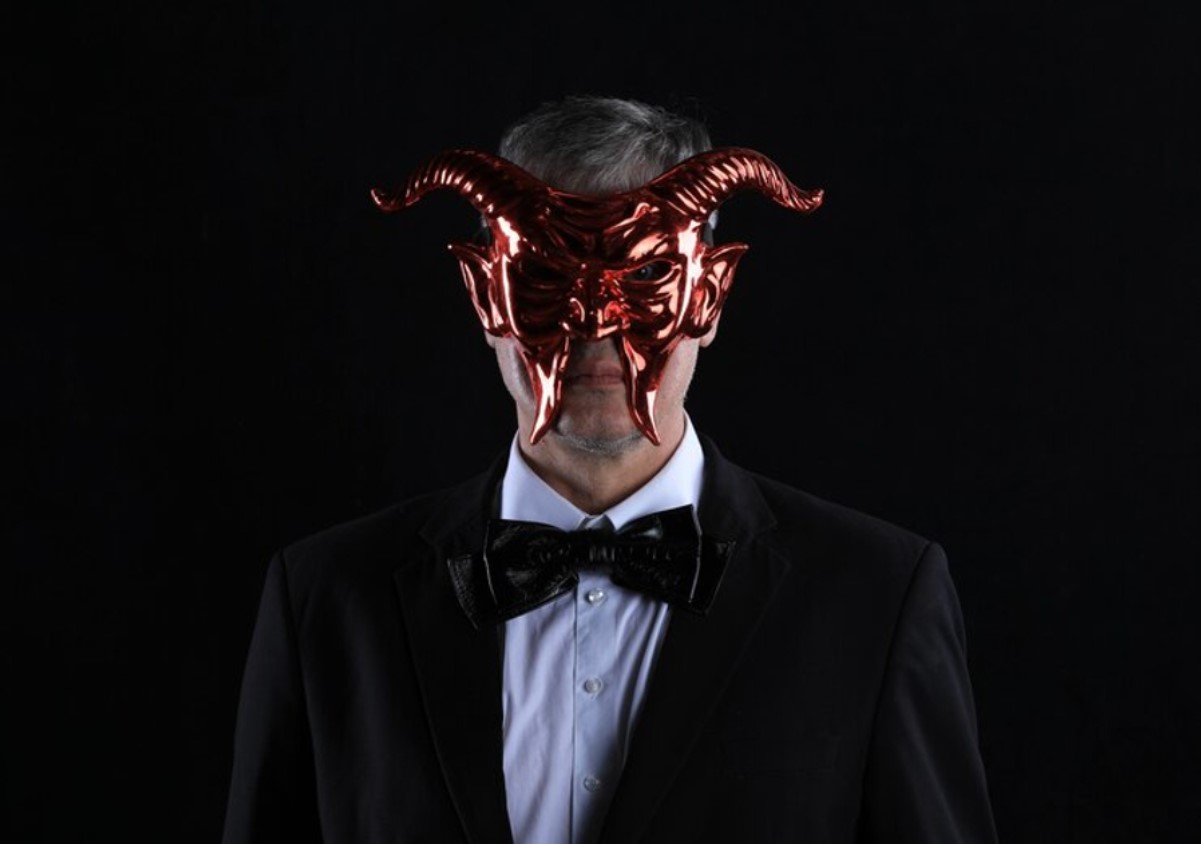
Source: Freepik
Several smaller religions evolved from Satanism during the 20th century, of which the followers often identify themselves as Satanists or Luciferians. While the nature of their beliefs typically varies, many claim they don’t actually worship the devil.
The Satanic Temple’s Bold Move
Founded in 2013, the Satanic Temple is known for its provocative stances on religious freedom. The group, which is recognized as a religion by the IRS, does not worship Satan but uses Satan as a symbol of rebellion against arbitrary authority.

Source: Freepik
They argue that if Christian chaplains are allowed in schools, then their ministers should also be welcomed.
What Are Chaplains?
Chaplains are certified clergy members who belong to religious institutions or churches and can be hired to provide spiritual guidance or insight for people at a number of non-religious organizations, including schools.
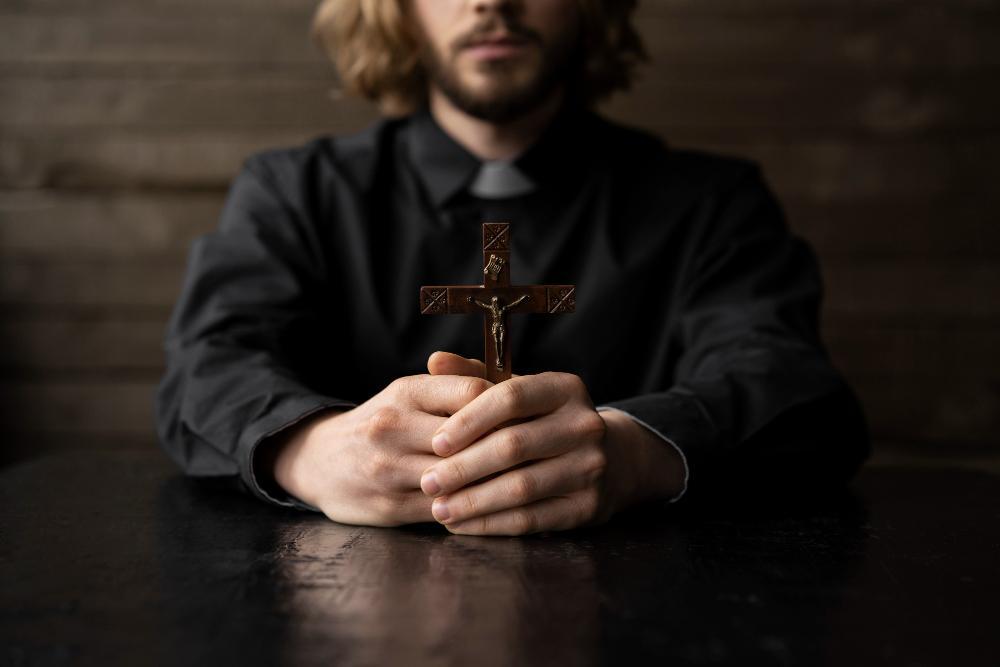
Source: Freepik
The decision to instill chaplains at public schools has been deemed controversial by some politicians, who argue it could undermine a child’s or teenager’s right to religious freedom.
Why Satanists Want In
The Satanic Temple sees the introduction of chaplains in public schools as an opportunity to challenge religious exclusivity, especially with DeSantis’ recently signed measure allowing volunteer chaplains in schools.
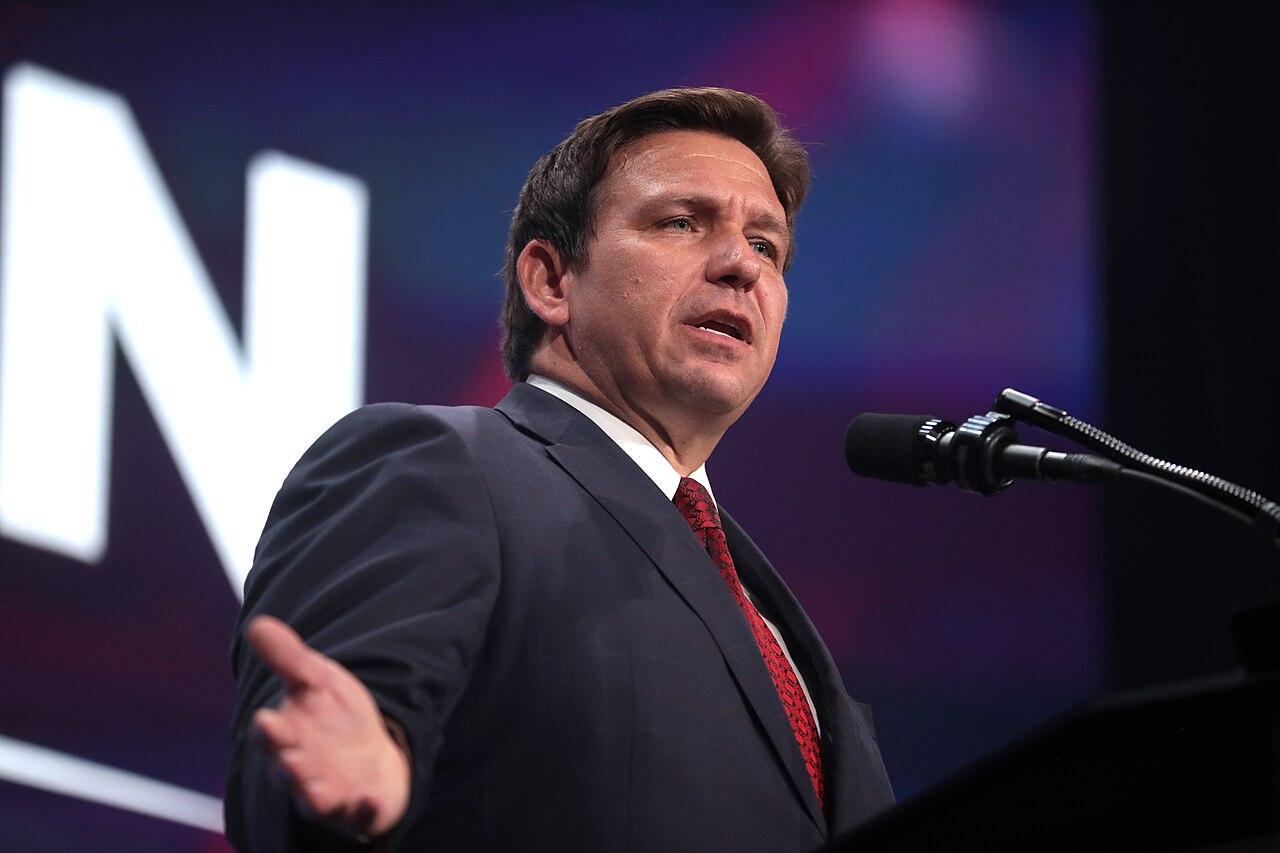
Source: Wikimedia
Now, the religious group aims to try to instill their own chaplains at schools around the country. However, first, they will build up support.
Satanist Group Opposes Mixing Religion and Education
Co-founder of The Sacantic Tempe, Lucien Greaves, explains, “If they pass these bills, they’re going to have to contend with ministers of Satan acting as chaplains.”

Source: Freepik
The group believes this debate highlights the ongoing encroachment of religion into public life, something they actively oppose.
The Controversial Chaplain Laws
In 2023, Texas and Florida’s Ron Desantis passed laws allowing school boards to vote on whether to appoint chaplains in their districts.
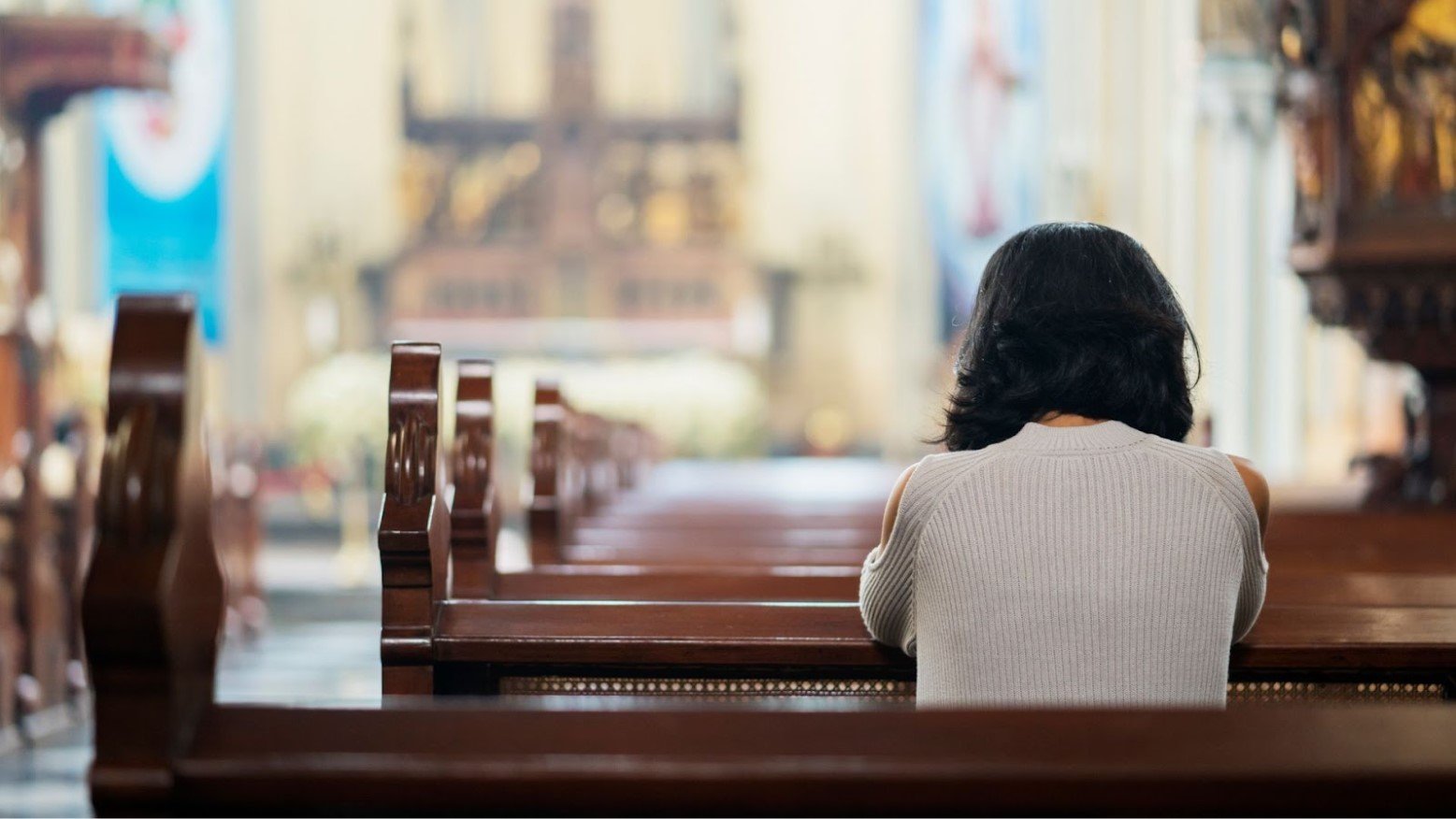
Source: Creativa Images/Canva
These chaplains could serve in capacities similar to school counselors, including having on-campus offices or even being paid by the districts.
Numerous American States are Considering Introducing chaplains to Schools
In 2024, the Florida Legislature decided to pass a bill centered on chaplains, essentially opening up the opportunity for schools to employ one if they so choose.

Source: Freepik
While proponents argue this helps provide moral guidance, critics see it as a direct threat to religious neutrality in schools. Despite the backlash, 13 other American states have considered implementing similar bills.
Conservative Advocacy Group Votes in Favor of the Bill
The conservative advocacy group Pacific Justice Institute has testified in favor of the chaplain bill being proposed in Texas.

Source: Freepik
According to the group’s president, Brad Dacus, The chaplains “are able to help the child work through their issues, work through their feelings, and also encourage them to work with their parents, in accordance with their family’s underlying religious foundations.”
Legal Pushback and Constitutional Concerns
Legal experts warn that the new chaplain laws could lead to numerous lawsuits. They argue that excluding certain religious groups while promoting others violates the First Amendment’s guarantee of religious freedom.
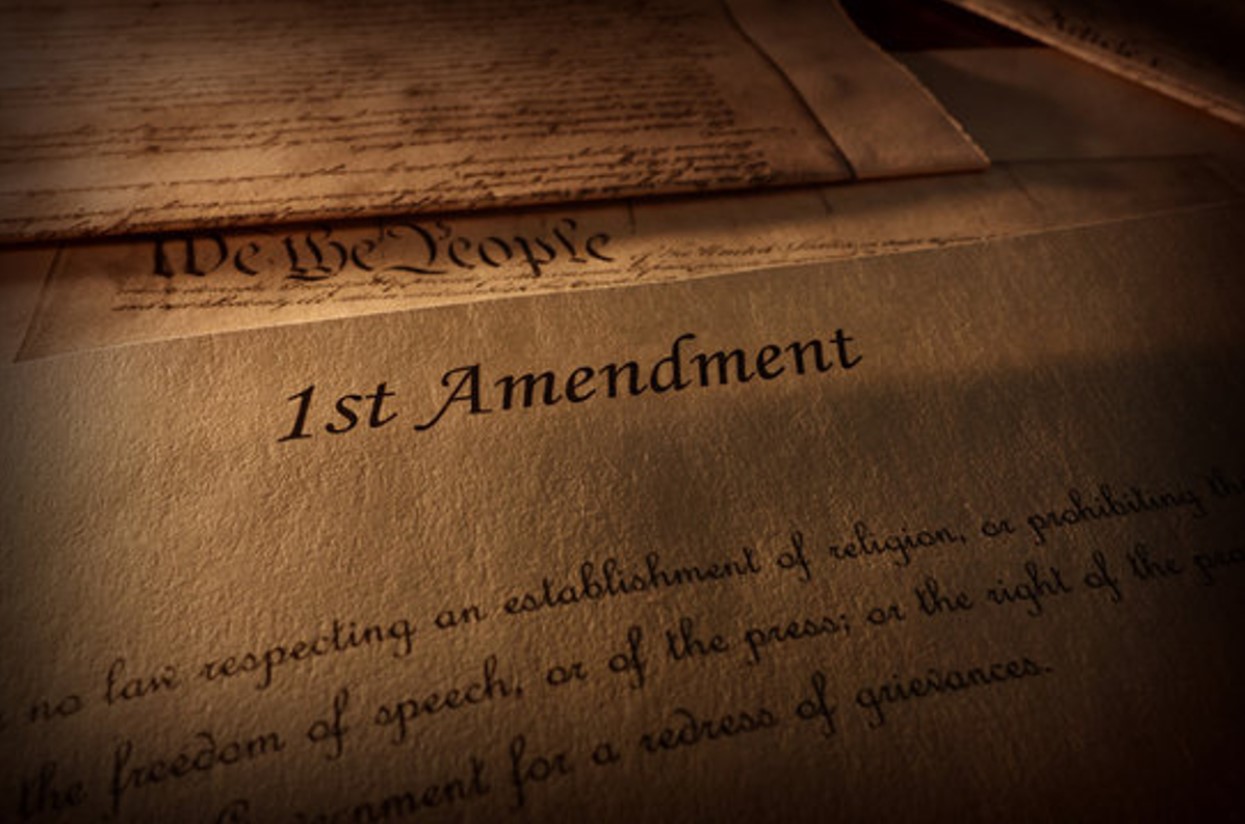
Source: Adobe Stock
“The Constitution is unambiguous about this,” says Lucien Greaves, emphasizing that public schools cannot favor one religion over another without legal repercussions.
The Satanic Temple’s Provocative Tactics
Known for their controversial methods, the Satanic Temple has previously taken advantage of Christian campaigns to make their point. When Arkansas placed a Ten Commandments statue outside its State Capitol, the Temple responded by unveiling a statue of the goat-headed figure, Baphomet.
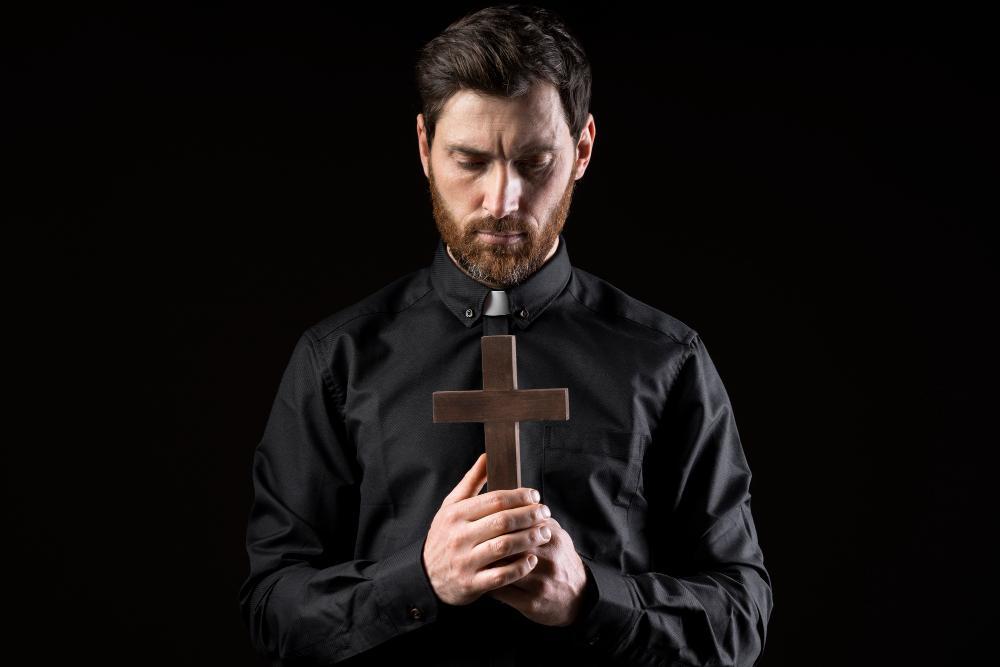
Source: Wikimedia
This time, they plan to place their ministers in schools, using the very laws that conservatives supported to push for equal representation.
What Does The Satanic Temple Believe In?
According to the Satanic Temple’s website, they believe in the pursuit of knowledge, reason, and empathy.
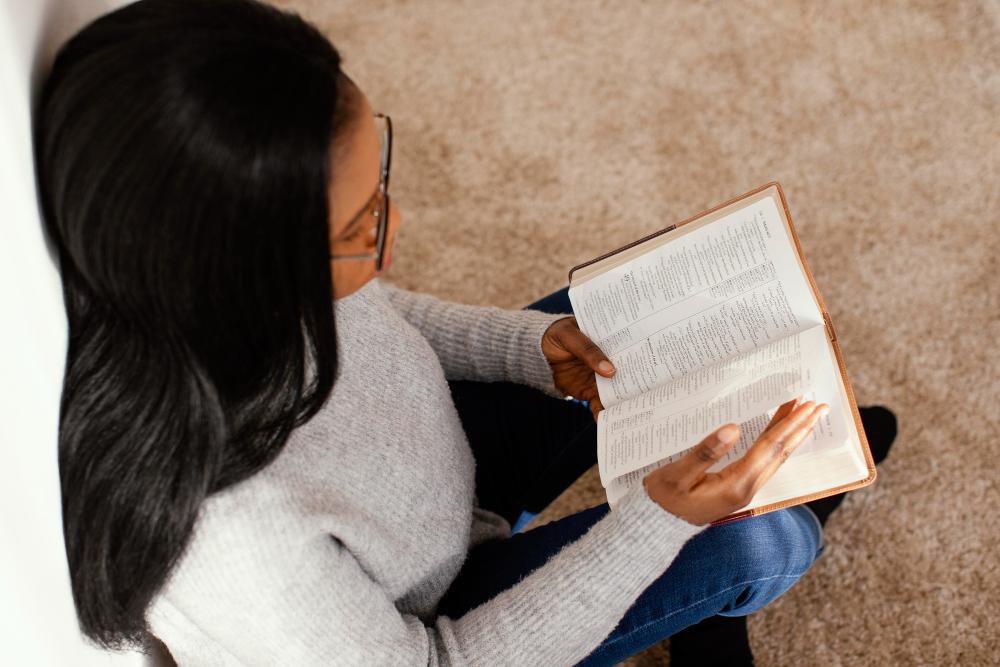
Source: Freepik
They claim they don’t actually worship the devil, but instead, he is used as a symbol of the Eternal Rebel in opposition to arbitrary authority.”
Ministers of Satan Preaching in Schools
Interest in the Satanic Temple has surged in recent years, coinciding with a decline in the number of self-identified Christians in the U.S. and an increase in efforts by right-wing activists to introduce Christian doctrines into public policy.
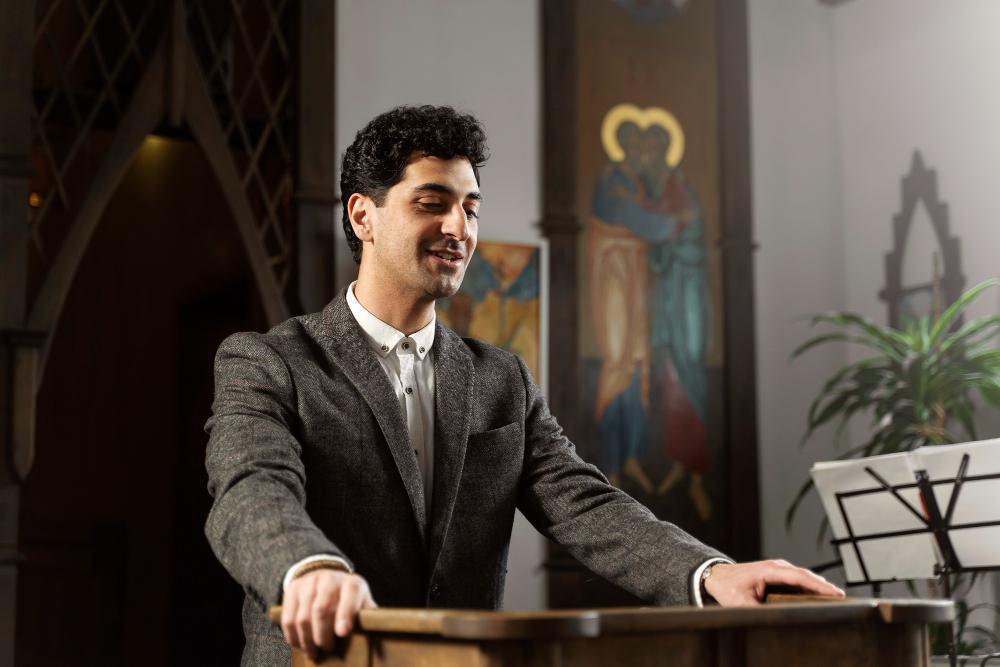
Source: Wikimedia
This growing trend reflects a broader cultural clash over the role of religion in public spaces, especially in education.
A Broader Trend of Religious Involvement
Interest in the Satanic Temple has surged in recent years, coinciding with a decline in the number of self-identified Christians in the U.S. and an increase in efforts by right-wing activists to introduce Christian doctrines into public policy.
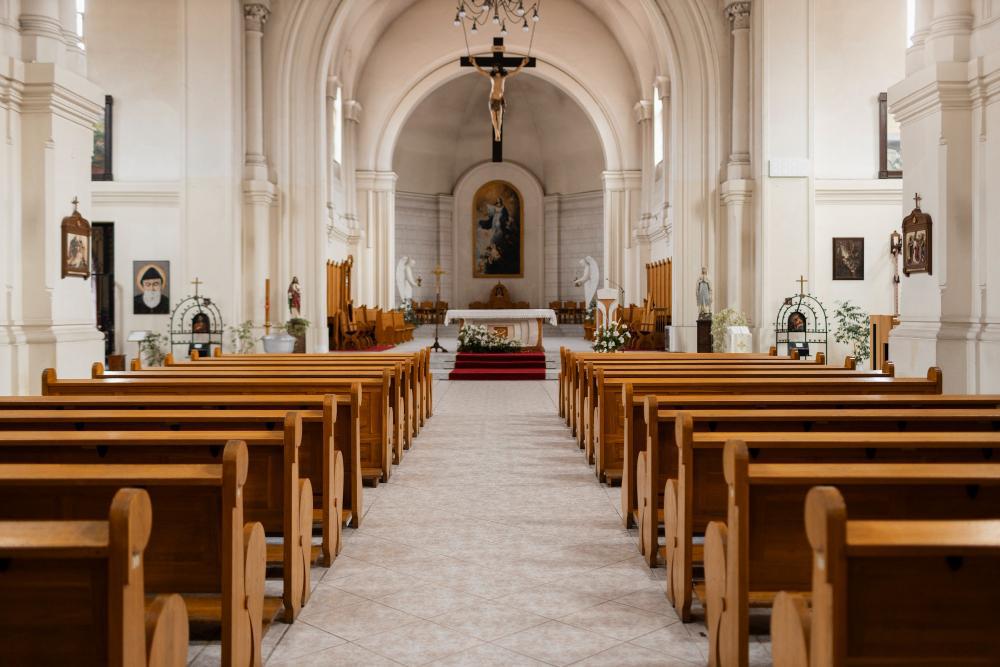
Source: Freepik
This growing trend reflects a broader cultural clash over the role of religion in public spaces, especially in education.
Professor Speaks on The Rise of the Satanic Temple
According to Joseph Laycock, a religious studies professor at Texas State University, who studied the group at length, suggests the Satanic Temple has evolved into a serious belief system.

Source: Freepik
“It definitely started with a kind of humorous or satirical element to it, but this is a movement with hundreds of people that’s been going for 10 years now — they’re quite serious about it,” he said.
Temple Group Are No Joke, Says Expert
In recent years, the popularity of the religious group has seen a surge, which Laycock argues may have something to do with their serious approach.
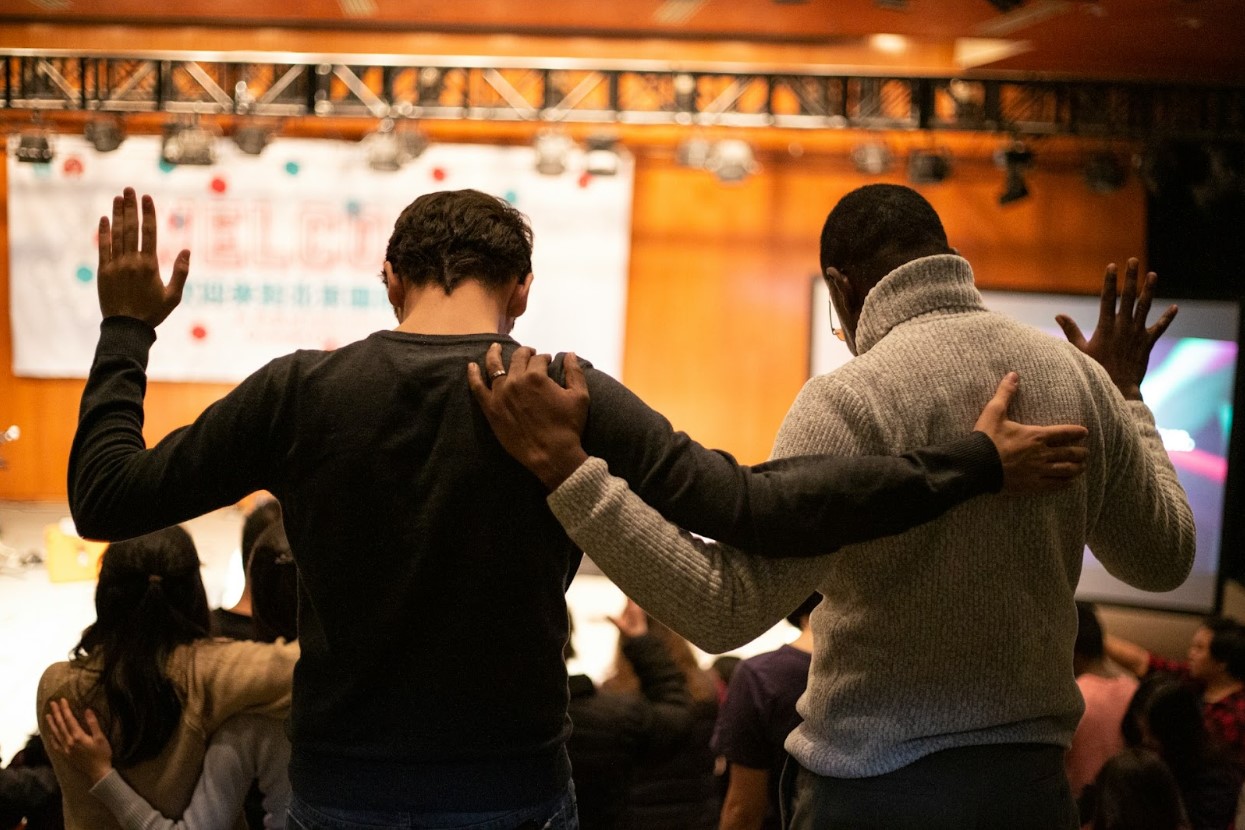
Source: Sam Balye/Unsplash
“They’re willing to put up with death threats. They’re willing to wear bulletproof vests because Neo-Nazis have threatened to kill them if they give a public speech. People don’t normally take those kinds of risks for a joke,” he added.
Why is the Satanic Temple Becoming More Popular?
Laycock believes the Temple has become increasingly popular due to fears associated with Christian nationalism.

Source: Wikimedia
He added, “And then the fact that there are now Satanists taking to the streets of America is causing the Christian nationalists to double down, too, and making them even more determined to cling to power for as long as they can.”
No Chaplins For Satanic Temple, Says DeSantis
Despite the confidence of Greaves, who claims the Satanic Temple may begin pushing for their own chaplains in schools, Oklahoma’s superintendent of public instruction, Ryan Walters, claimed, “There will be no Satanists in Oklahoma Schools. Period.”
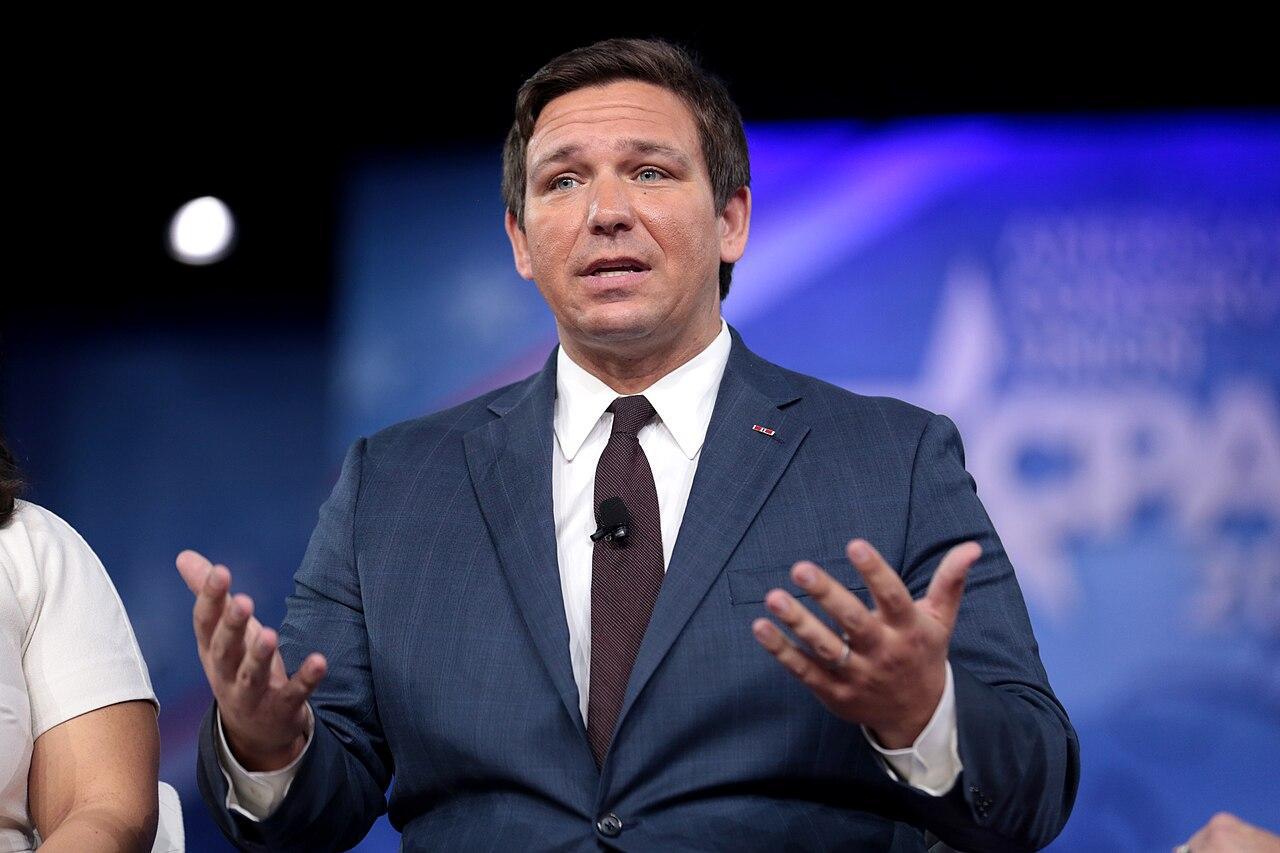
Source: Freepik
In Florida, however, Ron DeSantis claims that the Temple does not meet the necessary requirements to be classified as a religion. Thus, they would not be able to provide chaplains.
The Unexpected Allies
The Satanic Temple isn’t the only group opposed to chaplains in schools. In Florida, organizations like the Florida Council of Churches and the National Council of Jewish Women have also voiced their concerns.

Source: Cytonn Photography/Pexels
Over 100 Texas pastors signed an open letter urging districts not to hire chaplains, fearing the program could lead to religious coercion or favoritism.
Concerns Over Chaplain Qualifications
Critics of the chaplain program argue that religious figures might not have the necessary training to address students’ mental health needs. Rebecca Thompson, a mental health professional on the Broward County School Board, argues that “unqualified people” could do more harm than good.
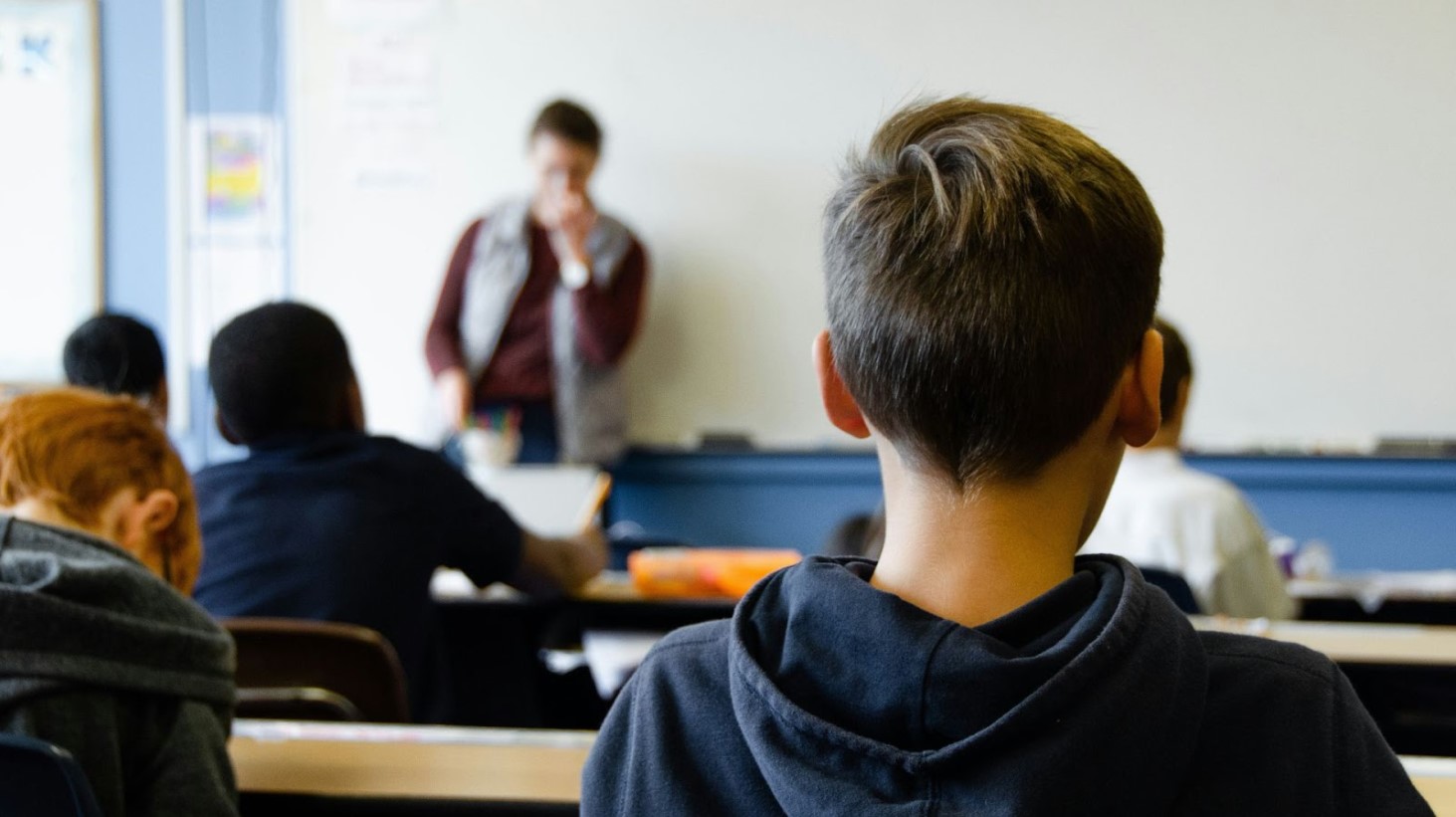
Source: Taylor Flowe/Unsplash
She emphasizes the need for certified counselors rather than religious figures to provide appropriate student support.
The Legal and Social Fallout
The debate over chaplains in schools is far from over. Legal battles are expected as groups like the Satanic Temple challenge the constitutionality of the laws.
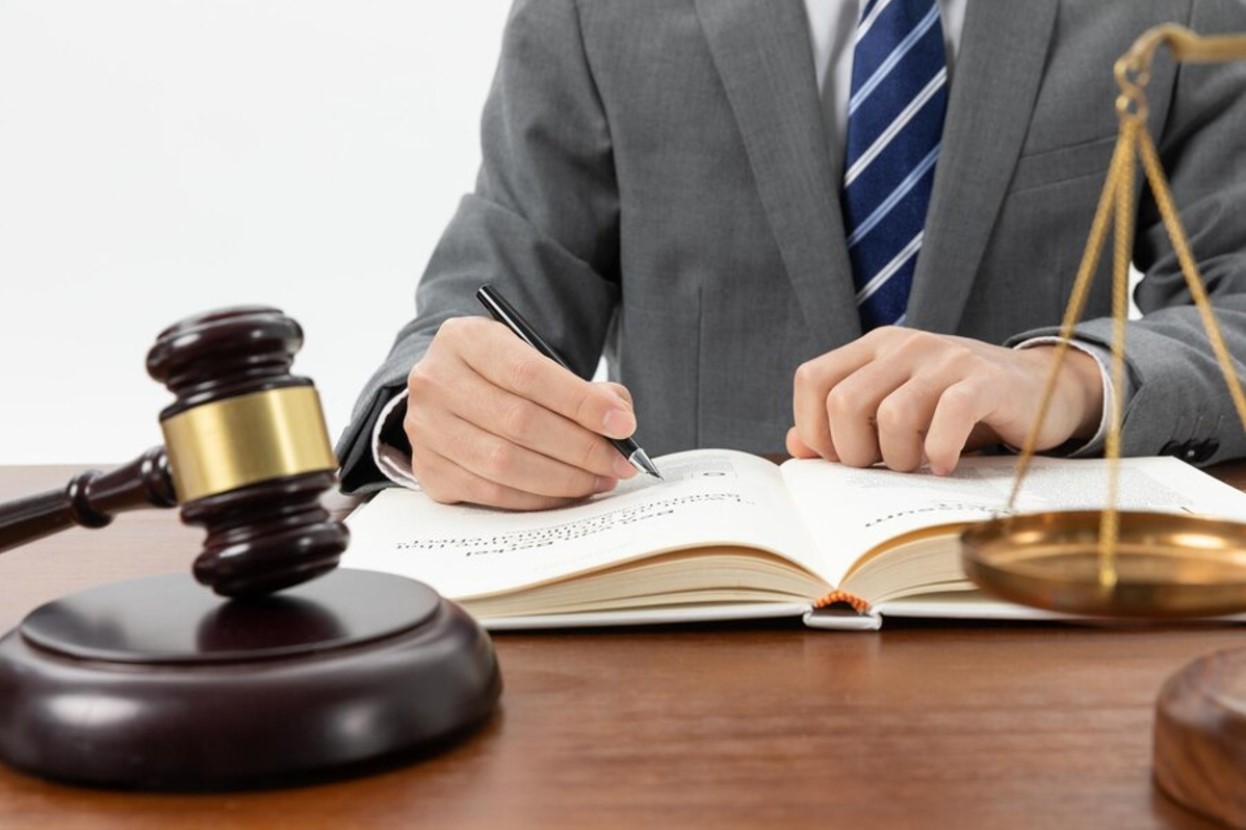
Source: Freepik
The outcome could set a precedent for how religion is represented in public institutions across the country. As Jay Wexler, a law professor, points out, “Do they really care about opening up their spaces for religious pluralism, or is this just about promoting one view of God and Christianity in the public space??”
Public Reaction and Future Implications
Public reaction to the introduction of chaplains has been mixed, with some communities welcoming the idea and others rejecting it outright.
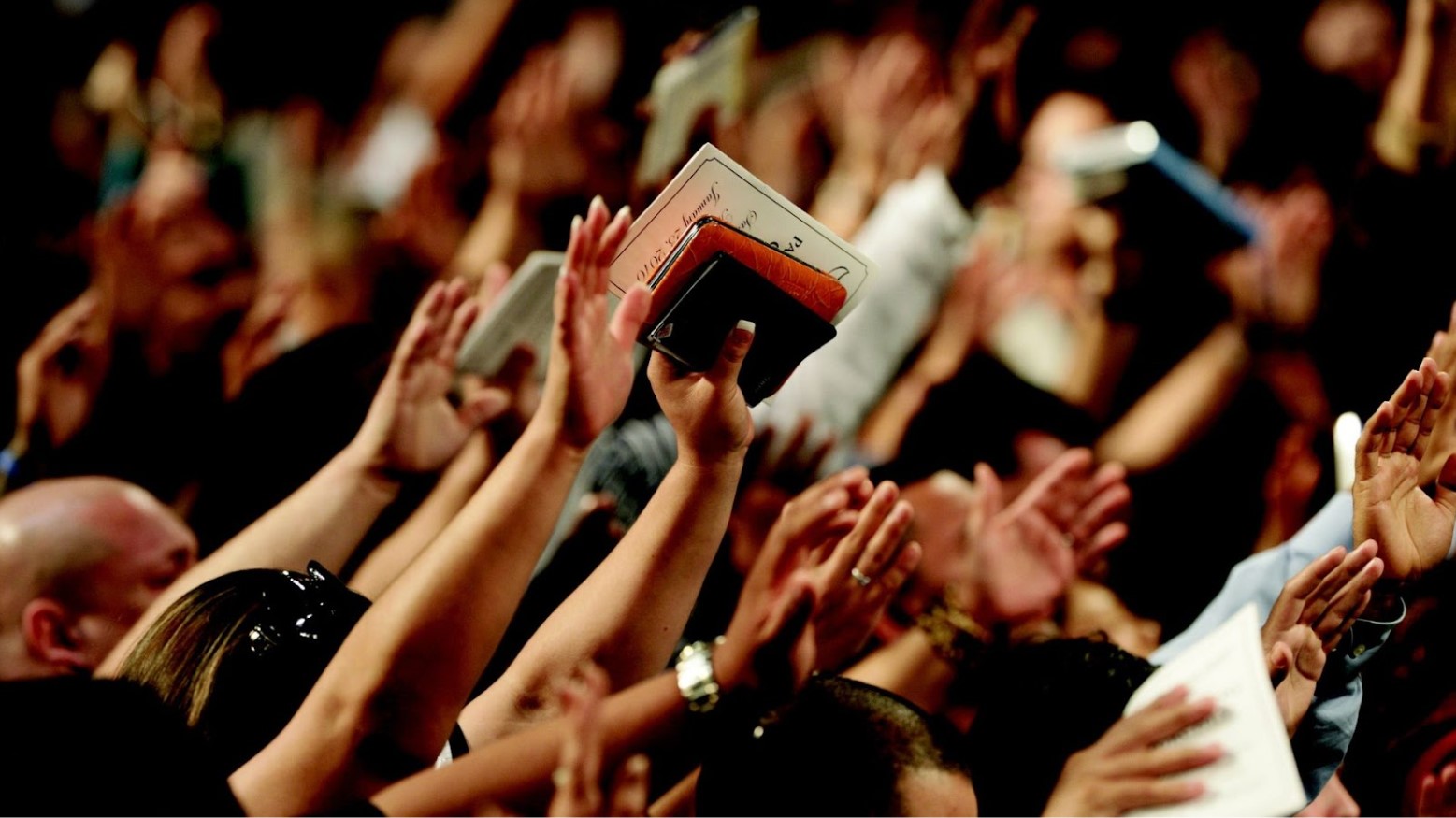
Source: jaefrench/Pixabay
The Osceola County School Board, for example, initially considered the program but later dropped it after the Satanic Temple expressed interest in participating. This uncertainty reflects broader societal debates about the place of religion in public education.
What’s Next for Schools and Religion?
As more states consider similar bills, the debate over religious representation in schools is likely to intensify. The Satanic Temple is preparing to place its first ministers in schools in Florida and Oklahoma.
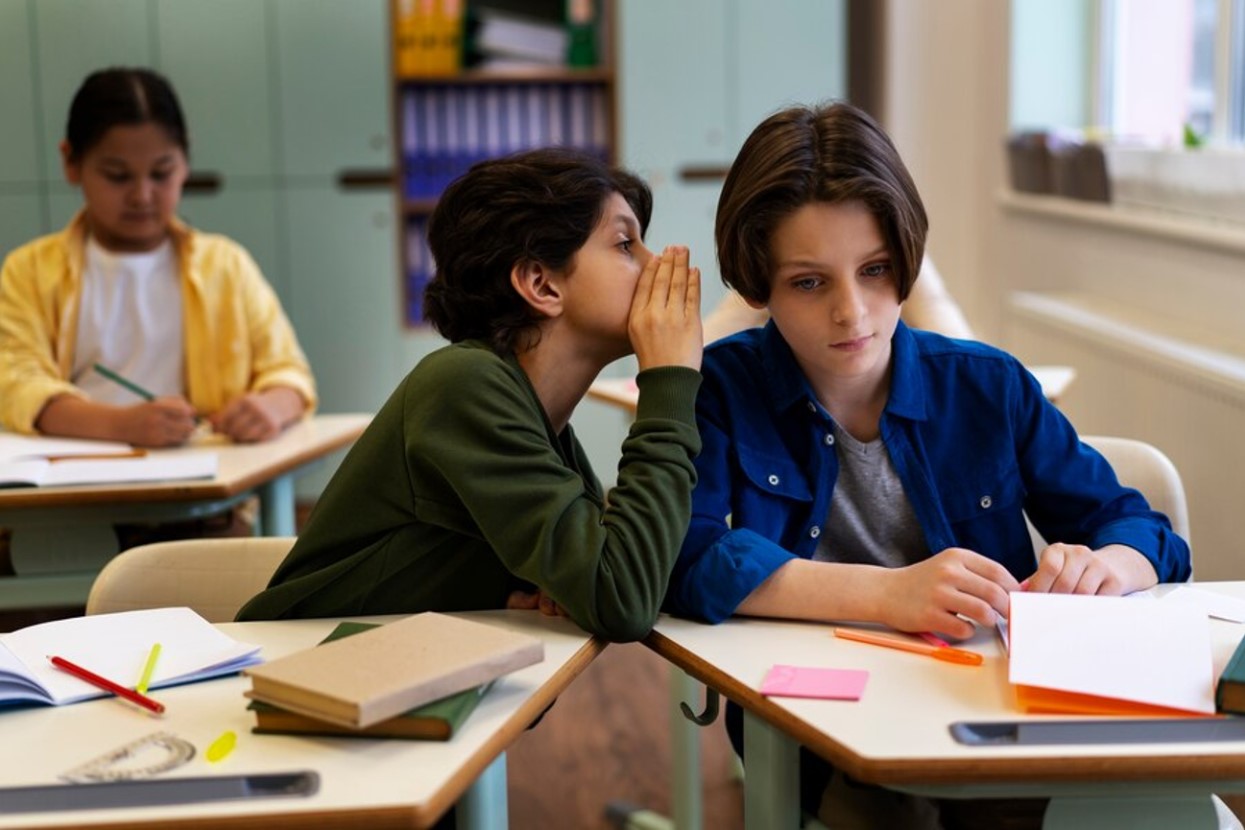
Source: Freepik
This move could ignite further discussions about the balance between religious freedom and maintaining secular public spaces, setting the stage for a new chapter in the ongoing battle over religion in public life.
